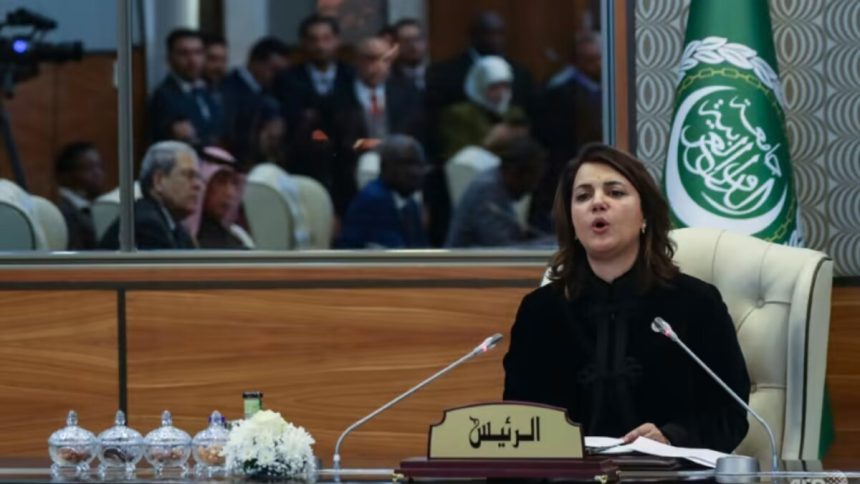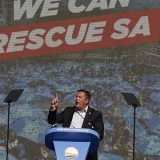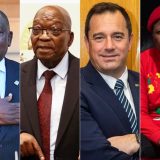Only five of the Arab League’s 22 members sent their senior diplomats to a ministerial gathering that the Libyan interim government hosted on Sunday (Jan. 22), and even the organization’s secretary general abstained.
The slight highlights Arab differences towards the Tripoli-based government, whose legitimacy is disputed by a parallel administration in the east of the country, which has been devastated by conflict.
The gathering, a warm-up for a conference of foreign ministers in Cairo, featured none of the regional heavyweights Saudi Arabia, Egypt, or the United Arab Emirates.
While Ahmed Aboul Gheit, the head of the Arab League, was also absent, four countries sent lower-ranking ministers or ambassadors.
The Tripoli-based government’s foreign minister, Najla al-Mangoush, denounced “attempts by some sides to undermine Libyans’ ambition to turn Arab unity into a reality.”
“Determined to perform its position in the Arab League (and) opposes any attempt to politicize the League’s founding articles,” she added of Libya, which now holds the rotating president of the organization.
Following the toppling of tyrant Moamer Kadhafi in a NATO-backed insurrection in 2011, Libya descended into a decade of conflict.
The ensuing attempt to seize power resulted in the formation of numerous domestic militias and sparked interventions by Arab nations as well as Turkey, Russia, and Western states.
Since March of last year, a government in eastern Libya supported by military chief Khalifa Haftar, who has ties to both Russia and Egypt, has contested Prime Minister Abdulhamid Dbeibah’s administration, claiming it has outlived its authority. The leader of the opposition administration expressed gratitude to Egypt, Saudi Arabia, and the United Arab Emirates for “refusing to participate in the theatricals through which the outgoing government attempted to represent itself as being recognized on a global scale.” The western neighbors of Libya, Algeria and Tunisia, who did send foreign ministers to the meeting, were also asked by Fathi Bashagha in a tweet to “examine their policies towards Libya and not to be deceived by a government whose mandate has ended.” Following the nation’s last military coup, a peace process supported by the United Nations produced the unity government based in Tripoli.







